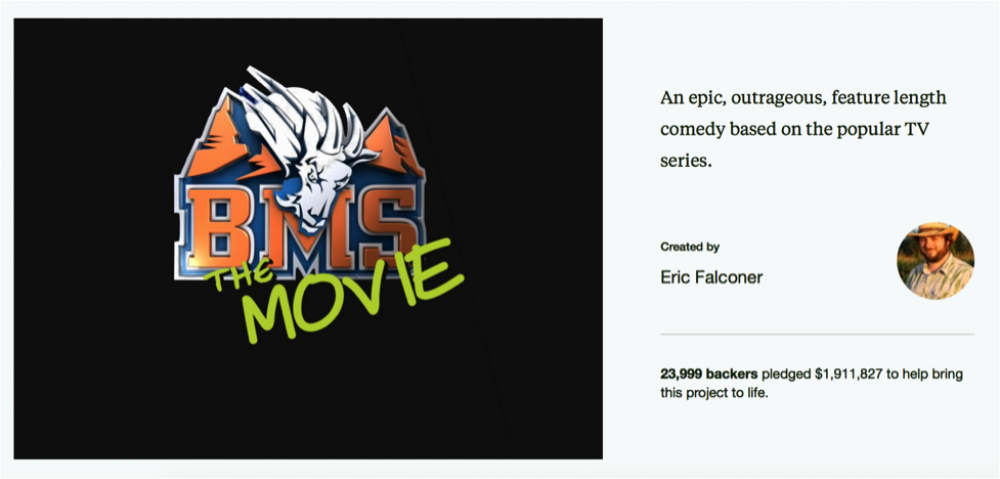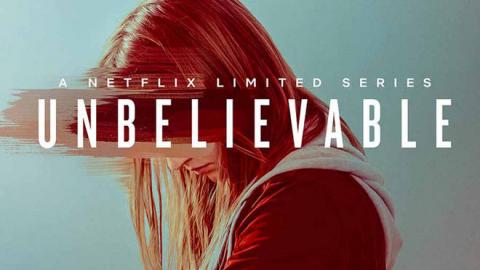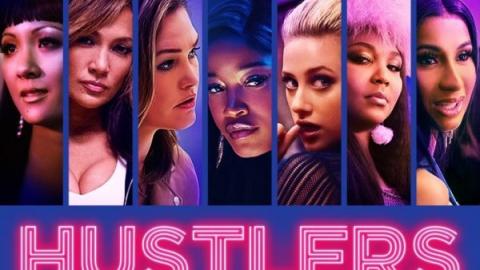The (Blue Mountain) State of Crowdfunding
Share with friends

Crowdfunded movies monetize fandom, but does fandom hold them back?
If you haven’t seen the trailer for Blue Mountain State: The Rise of Thadland, make sure you do, because it’s a surefire Oscar favorite.
Not really. Honestly, I'm astonished that this trailer even exists. Considering the original run of the show version of Blue Mountain was deemed “dumb even by frat boy standards” by The New York Times, the fact that the show could be revived via Kickstarter after a four-year hiatus proves how powerful fandoms can be. Only crowdsourcing has learned how to properly monetize that power. Crowdsourcing websites like Kickstarter and Indiegogo have allowed for the creation of films, both short and feature, that may have otherwise never seen the light of day.
But what does a world with an ever-increasing amount of grassroots collaboration mean for film production? Harnessing fandom is a double-edged sword. Crowdsourced films will continue to fulfill niche markets with cult-beloved reboots and button-pushing originals; however, due to their need to fulfill the desires of their mass backers, they are unlikely to reach far beyond their existing fans.
VERONICA MARS AND FINANCING
Movies funded by their eventual audience are lower risk for production companies. This is obvious. The more of a film’s budget that comes from its future audience, the less risk the production entails. This is why subscription-based producers like HBO can afford to make more risky, innovative content.
Take, for example, the Veronica Mars movie, which represented a conclusion to the 2004-2007 TV series. The 2014 film raised $5.7 million during its Kickstarter campaign, which is roughly equivalent to the production’s $6 million budget. Although the film grossed only $3.4 million from ticket sales (largely because it was released to a VOD audience the same day it was released in theaters), it was called an “unmitigated success for … fans and … investors” by Forbes following its release. When a movie is financed by its audience, it comes with a built-in audience, meaning marketing budgets are lower and ROI is easier to measure.
Veronica Mars, along with Super Troopers 2 and Blue Mountain State: The Rise of Thadland, are all crowdsourced sequels that come with an established, dedicated fan base. Although the previously mentioned films each appeal to a fairly small audience, the audiences in question were passionate enough to donate money to assure they were successfully produced. Arrested Development and Community, which had feeble ratings on network TV, both cater to the cult fandom that leads to successful crowdsourcing campaigns, and could eventually be Kickstarter-funded hits.
However, when you're relying on fans to pay for content, you become more responsible for satisfying expectations than ever before.
DEAR WHITE PEOPLE AND UN-CENSORED CONTENT
So it makes sense that these films are being made, but what, exactly, is it that defines the substance of a crowdsourced film? Is giving people exactly what they want different than giving them what you think they might want? Crowdsourced films run the risk of being less innovative, because they cater to ideas/characters/plots that are already accepted and loved en masse. However, the democracy inherent in crowdsourcing has the opposite effect, as well. The 2014 film Dear White People is an example. A movie about being a dark face in a very white place, Dear White People has been called “a button-pushing word of mouth dynamo.” Financed on Indiegogo, the film is a smart, topical narrative that deals with the reality of hot-button issues like racism and homophobia as they play out on the campus of a prestigious national university. The work’s script, penned by director Justin Simien, was influenced by his personal experiences at Chapman University.
Such a personal and controversial work is probably, at the moment, too controversial to be accepted by a large American audience. The script, which included the phrase, “black people can’t be racist. Racism describes a system of disadvantage based on race. Black people can’t be racist since we don’t stand to benefit from such a system,” was often criticized as racist by more conservative viewers, and, had it been more high-profile, may have produced quite a bit of backlash. The work is unapologetically bold in its treatment of its subject matter, and crowdfunding allowed Dear White People to exist in its original, uncensored form, unmitigated by the corporate hand.
Lack of censorship could be the greatest strength of crowdsourced films, but it could also prove to be their greatest deterrent from massive mainstream popularity. I would predict that these films will remain more thematically and aesthetically progressive than their mainstream counterparts, but this means that they may remain limited to a niche market. This is not to say that lack of censorship is innately progressive – displaced abjection and bigotry can arise from freedom just as easily as progressive ideas.
BLUE MOUNTAIN STATE AND THE FUTURE OF CROWDFUNDING
So what does all this say about the future of fan-funded material?
Going back to Blue Mountain as an example, fans fueled by equal parts delusion and Natural Light will undoubtedly be pleased with The Rise of Thadland. Though few newly converted fans will endure the film’s theatrical release, it is highly unlikely that Lionsgate will regret getting involved in the project for the same reasons as Veronica Mars. Ultimately, the project will be a win-win; fans will get the closure they’ve been longing for, and Lionsgate stands to face little to no repercussions from attaching their name to this project.
My lack of faith in the Blue Mountain State movie is not meant to imply crowdfunded films will never be massive box office successes, but, in order for them to be so, they will need to expand beyond franchise reboots and highly controversial narratives. Crowdfunded films currently tend to appeal to a fairly limited audience, and, as they are often released outside of the theater system, it is unlikely that they will ever be massive box office successes – especially considering their low budgets. Without fandom, most of these films would never be made in the first place, but that might be a gift and a curse. With fandom, crowdsourced films might never move beyond cult status.




